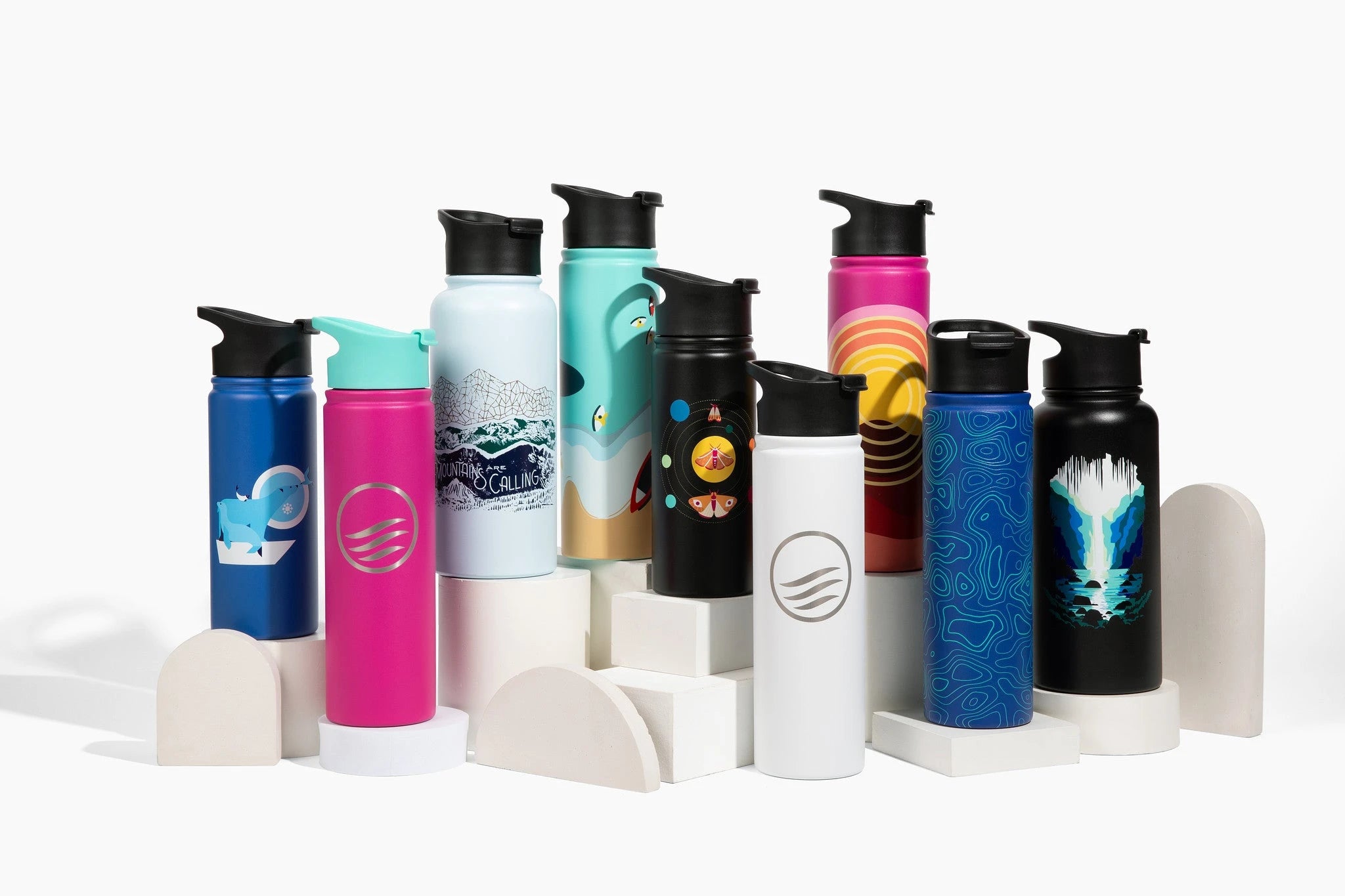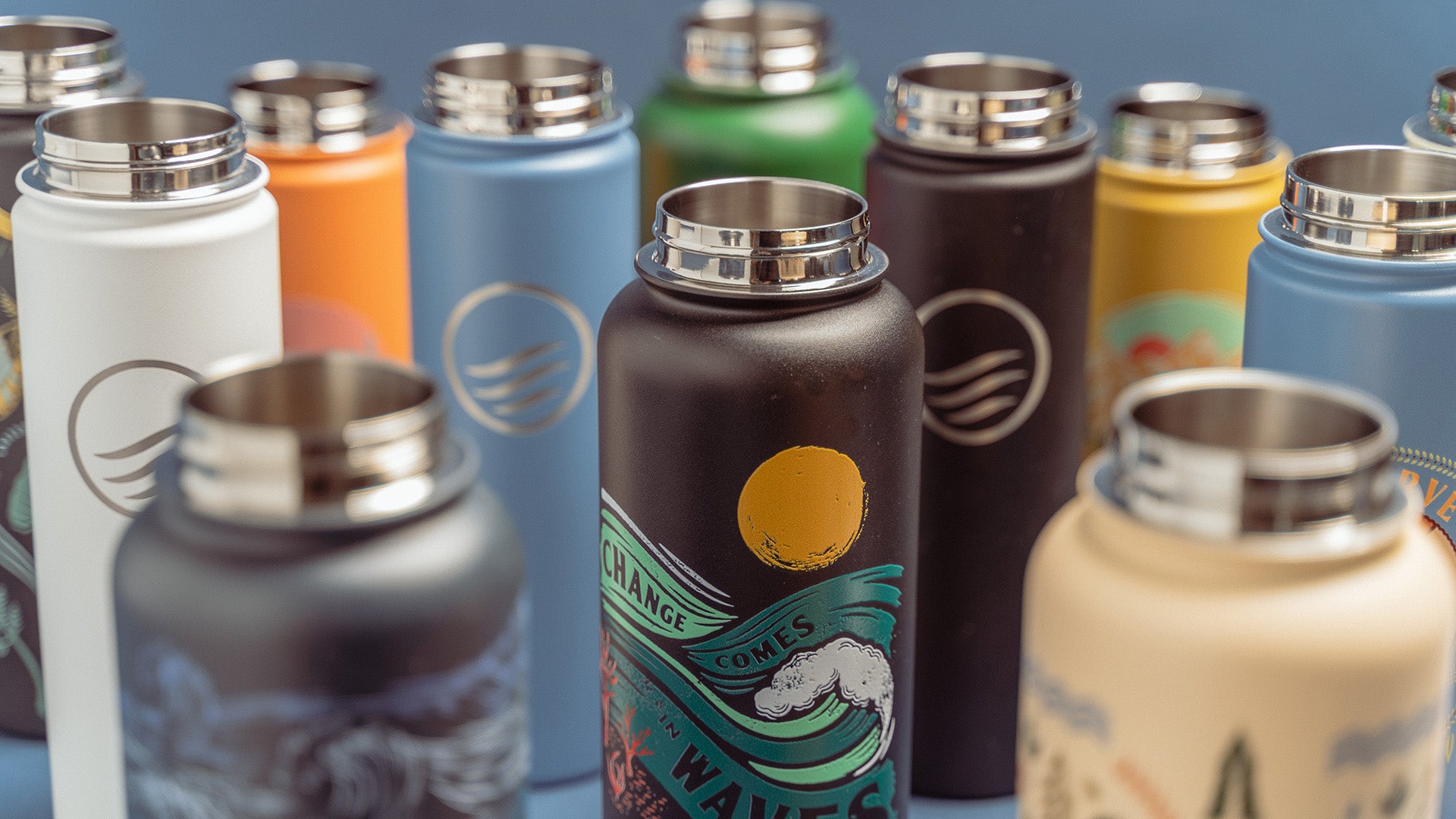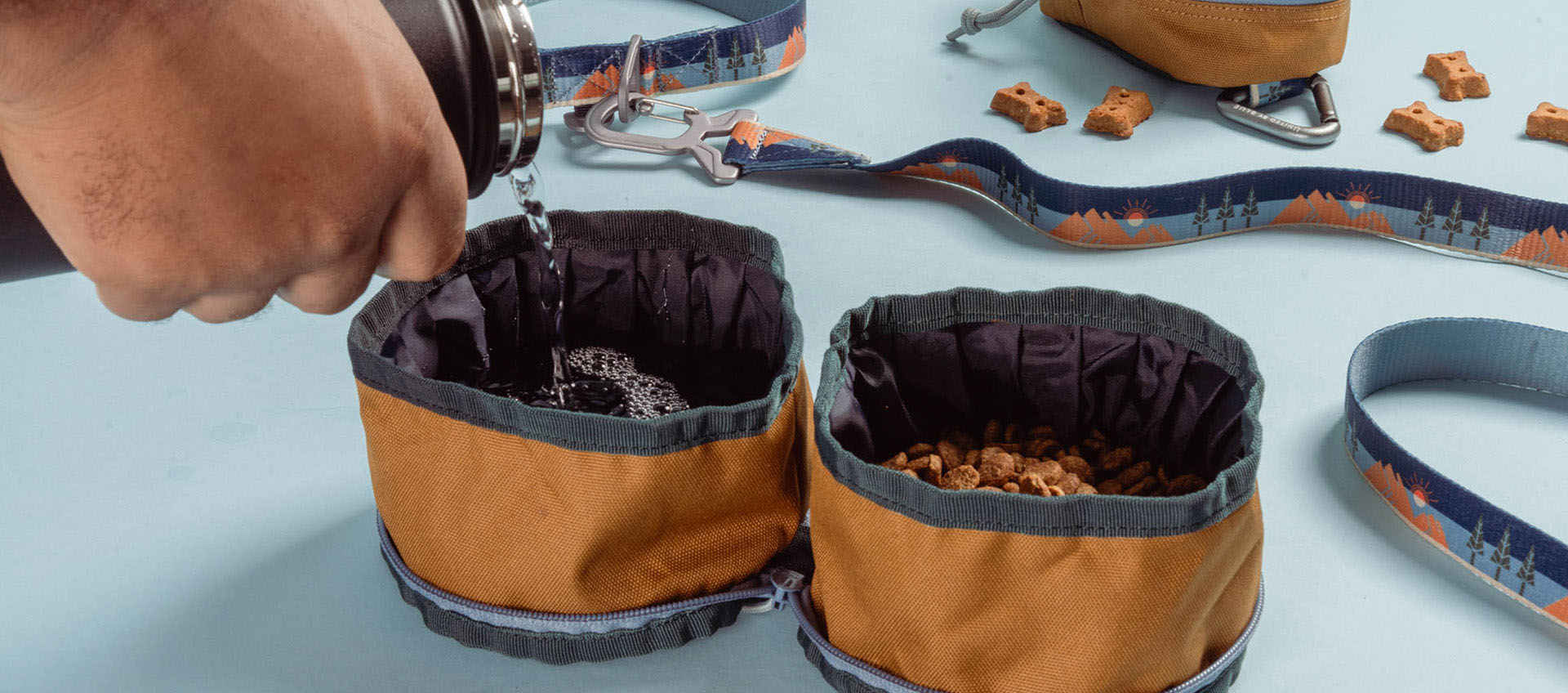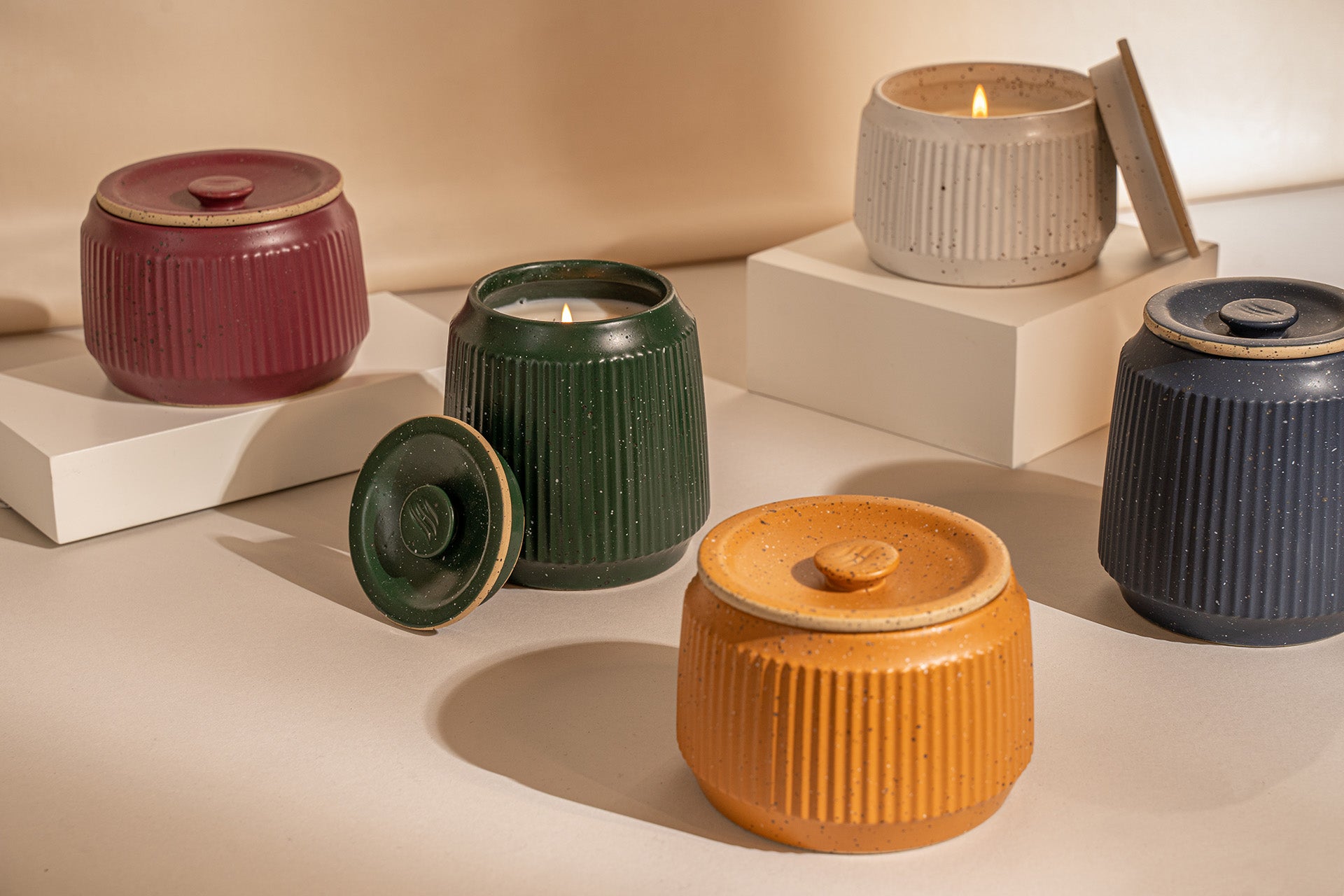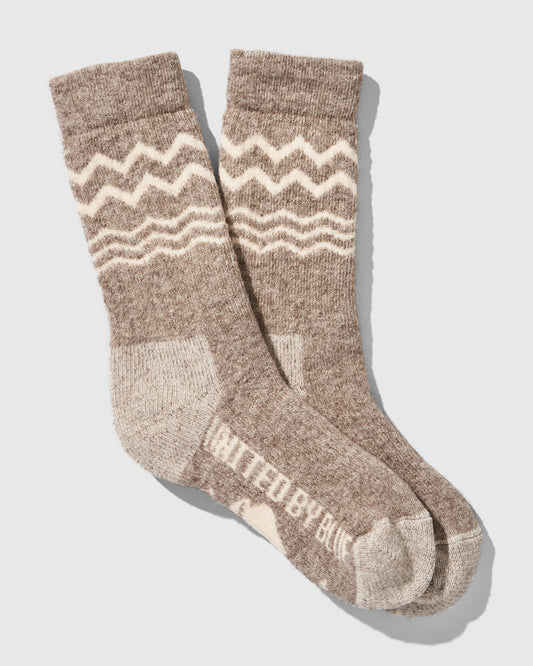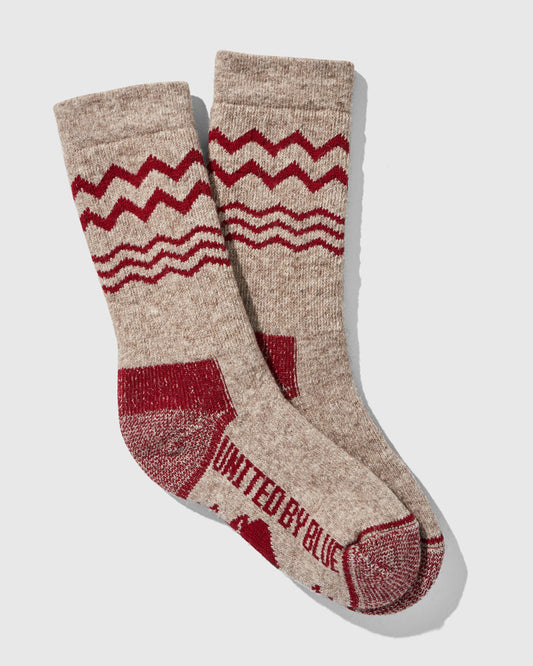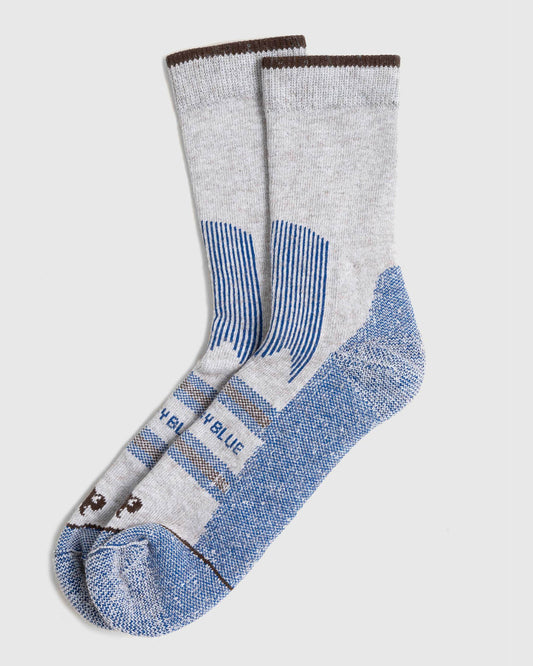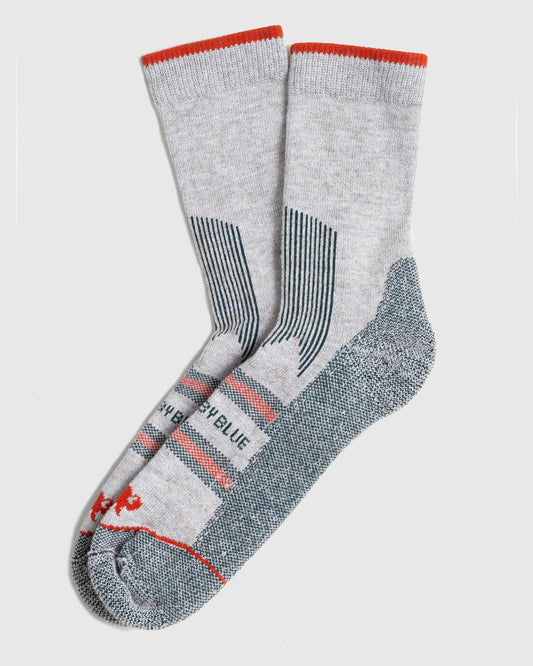Here at United by Blue, our mission is woven into everything we do. We believe that small, conscious actions can create a tidal wave of positive change for our planet. That’s why we were so excited to partner with GreenFi†, a company dedicated to aligning your finances with a healthier planet.
Let’s be real for a second. The thought of changing banks can be a daunting task. We’re all trying to do our part: we recycle, we bring reusable bags, and we support brands like UBB that give back. But we’re also busy moms, dads, professionals, and students living in the real world.
So, I got on a call with GreenFi to find out if the hassle of moving banks is really worth it, and what I learned completely changed my perspective.
Does My Personal Bank Account Really Make a Difference?
This was the first question I asked. Many of us assume the money in our checking or savings accounts just sits there waiting for us. The reality is quite different.
When you deposit money into a large, conventional bank, a significant portion of it is loaned out to fund various industries. Shockingly, up to 20% to 30% of those funds are often channeled into new fossil fuel projects, stated by The climate non profit Project Drawdown.
The climate non-profit Project Drawdown put this into perspective with a few powerful statistics:
-
On average, every $1,000 in a conventional bank account generates emissions roughly equivalent to flying from New York to Seattle. That means $16,000 in savings has a similar annual carbon footprint to the average car in the US.
-
Moving your money from a carbon-intensive bank to a climate-responsible bank could reduce the greenhouse gas emissions it generates by an average of 76%.
Suddenly, the balance in your bank account isn't just a number; it's a statement.
After learning this, I asked where GreenFi invests its money. Instead of fossil fuels, it invests in communities through things like small business loans and renewable energy projects. This means that by choosing where your money lives, you have the power to make a direct impact on the environment.
A Smarter, More Rewarding Way to Bank
Understanding the impact was one thing, but I still wanted to know if this was a practical choice for our busy community. The answer is a resounding yes. GreenFi has built a platform that is not only impactful but also intuitive and beneficial for its members.
Here’s what stood out:
-
Fast and Simple Sign-Up: It takes a few minutes to sign up. You can fund your new account from your old one in a few days. It's designed to be simple.
-
A Foundation of Trust, Not Fees: Instead of minimum balances or mandatory monthly fees on their standard account, GreenFi uses a “Pay What Is Fair”1 model. You choose what, if anything, you want to contribute each month. Whether it's $0 or $10, the decision is yours. It’s a banking relationship built on mutual value and trust.
-
Earn More on Your Savings1: For those looking to grow their savings, the optional GreenFi plus plan offers a high-yield savings account earning a highly competitive 3.5% Annual Percentage Yield (check their website for the latest rate and terms) on your first $25,000. This is significantly higher than the national average, meaning your money works harder for you.
On top of that… -
Get Rewarded for Sustainable Choices1: This is a game-changer. The GreenFi debit card offers up to 3-6% cash back when you shop at hundreds of vetted sustainable brands in the Green Marketplace. This includes many you may already love:
-
United by Blue (of course!)
-
Patagonia
-
Thrive Market & Misfits Market
-
Avocado Mattress
-
EV Charging and more.
By making your everyday purchases, you earn back real money, reinforcing a cycle of conscious consumerism that benefits both you and the planet.
From Financial Action to On-the-Ground Impact
Our partnership with GreenFi goes beyond the screen. They have directly funded four UBB cleanup efforts across the country this year, from Miami to Denver. Their support has helped us mobilize hundreds of volunteers and remove thousands of pounds of harmful debris from our oceans and waterways.
This is what it looks like when a company’s values are put into action. It’s a powerful reminder that where we place our money has real-world consequences. We all participate in the economy, and GreenFi provides a seamless way to ensure that participation is a force for good.
If you’ve ever wondered how to deepen your environmental impact without drastically changing your life, this is a clear and powerful place to start.
Ready to align your money with your values? You can get started in just a few minutes.
Discover GreenFi and Make the Switch Today
P.S. - What do you have to lose by signing up for an account? Nothing—it's free. Try it out for a few months and see how it works for yourself.
- Lane George
Footers:
† GreenFi is a financial technology company, not a bank. Banking Services provided by Coastal Community Bank, Member FDIC. The GreenFi Debit Mastercard® is issued by Coastal Community Bank, Member FDIC, pursuant to a license by Mastercard International Incorporated. FDIC insurance only covers the failure of an FDIC-insured bank. FDIC insurance is available through pass-through insurance at Coastal Community Bank, Member FDIC, if certain conditions have been met. Through the Coastal Community Bank Insured Bank Deposit Program, cash balances in the GreenFi Checking and Savings Accounts are deposited at one or more FDIC-insured depository institutions (each a "Bank") up to $250,000 per Bank. With four participating Banks available, Deposits are FDIC-insured up to $1 million per depositor. This amount is subject to change at any time.For more information, visit fdic.gov. You are responsible for monitoring your deposits at each Bank to determine the available FDIC insurance coverage. GreenFi's Program Banks have formally committed that customer deposits will not be used for lending to oil and gas exploration, production or transportation, or coal mining.
1 For full terms and conditions see here:



